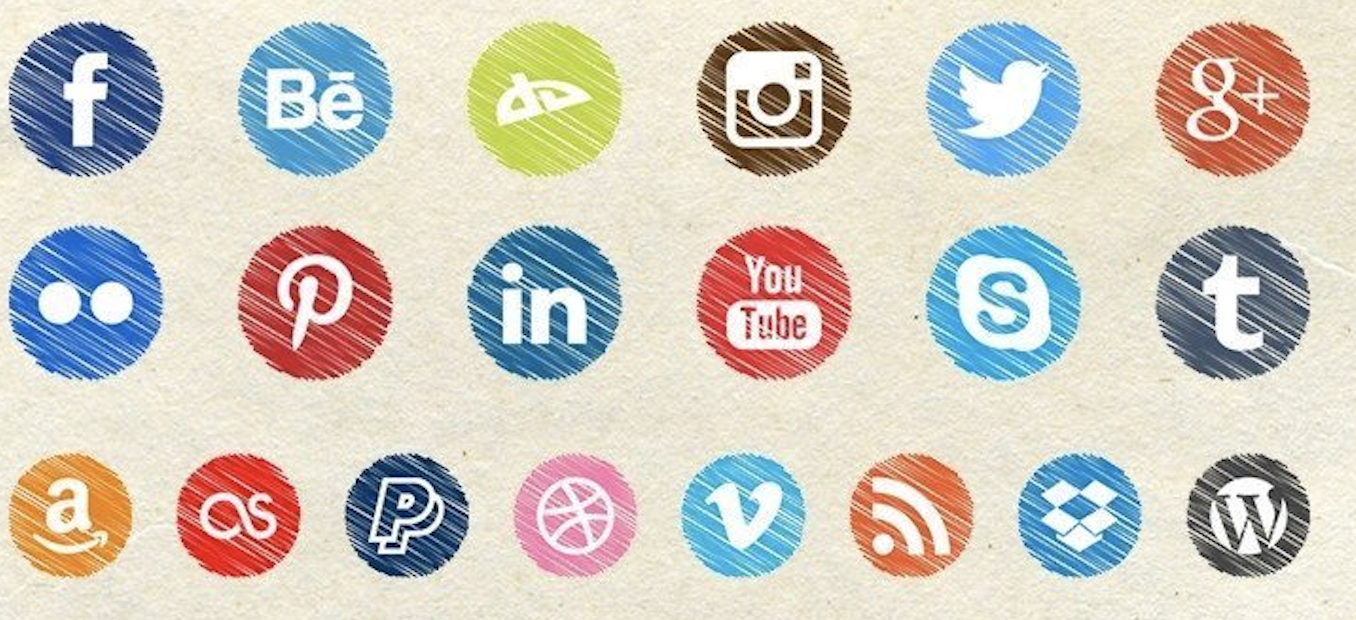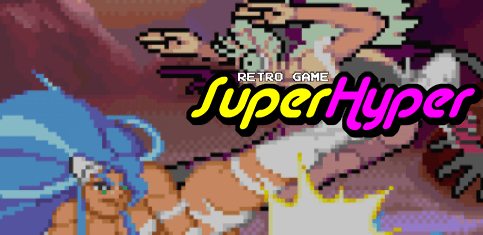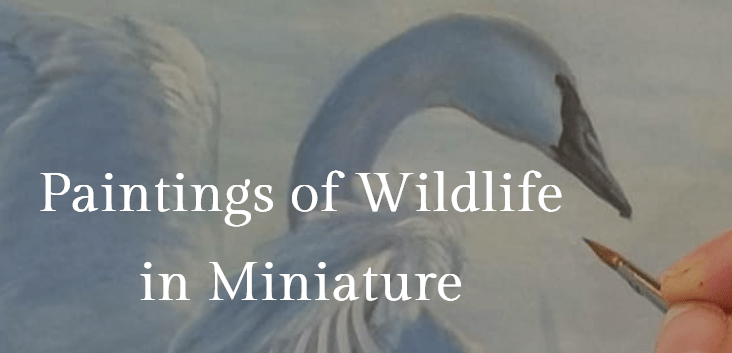Genre Analysis
Comp 2
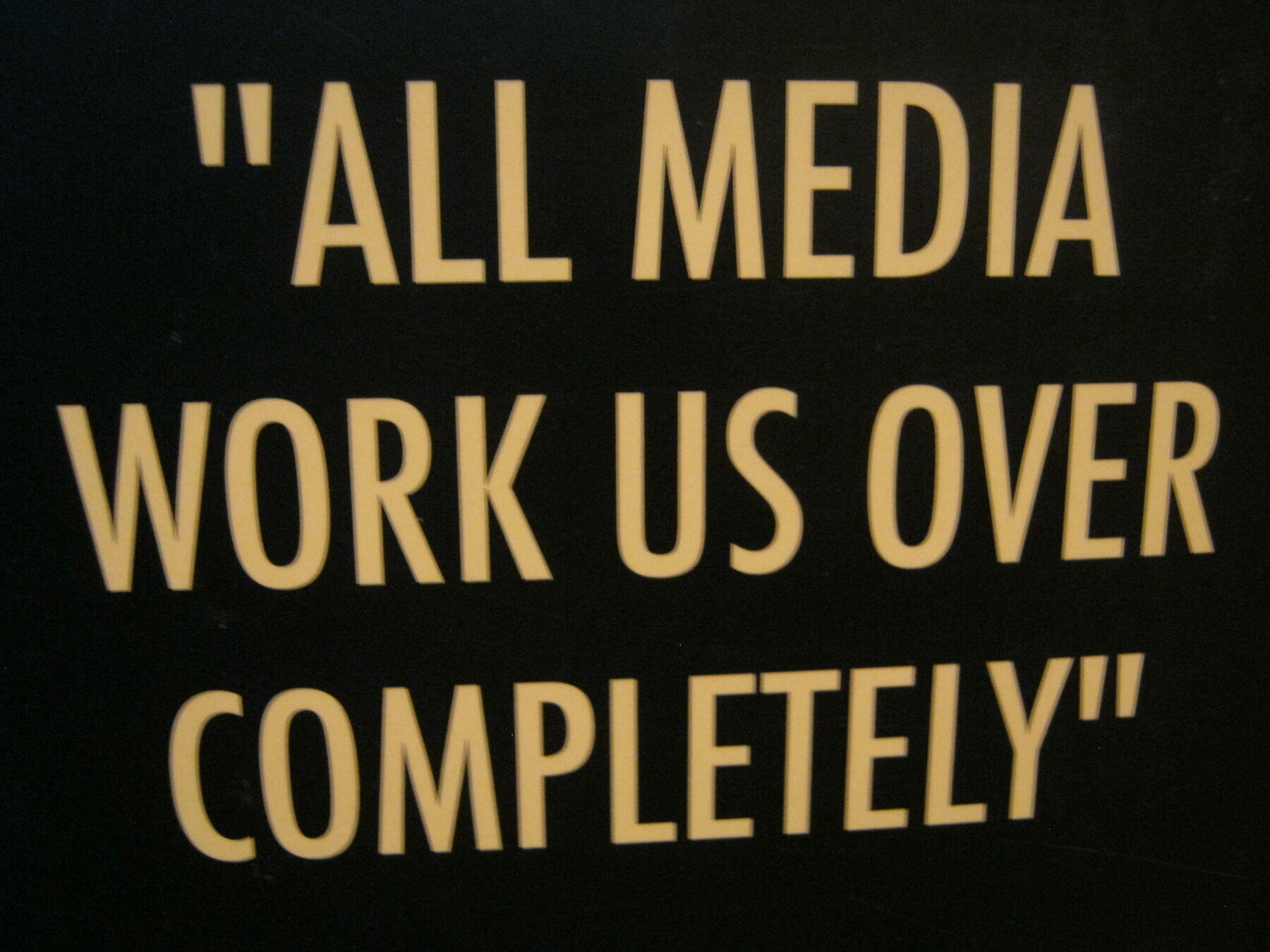

Explorations of Community Content and Spaces


A Beginning Guide to Graphic Design and Understanding Visual Genres
# Visual Genres
Visit GCF Global's Beginning Graphic Design Tutorial to Browse (click below)
We will spend the first 10-12 minutes looking at the content and then as a class will practice with the quiz. Which questions do you feel are most important for visual design? (Add comment to Week 11 Notes).
When Typography choices go wrong...
SNL's response to graphic design choices...
Text as Visuals
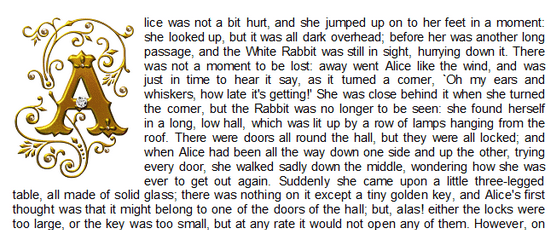
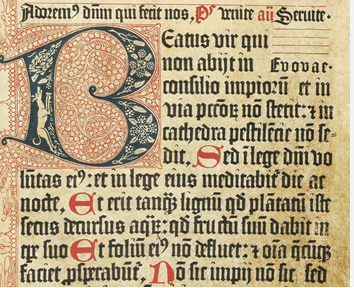
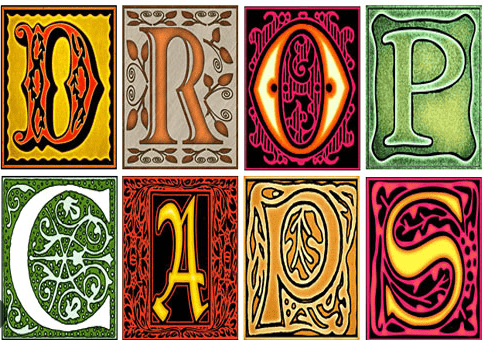
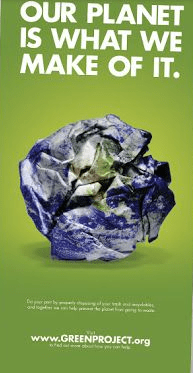
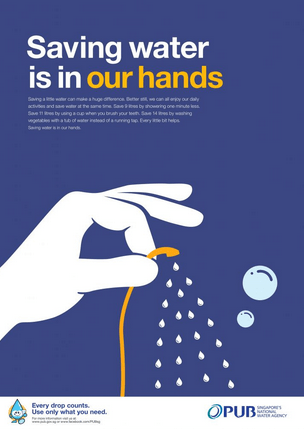
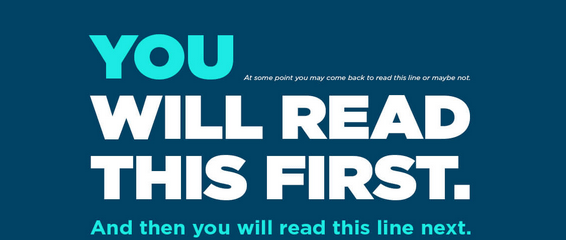
# Visual Genres
What you should consider when applying visual rhetoric (persuasion) to genres:
"Visual rhetoric refers to any communicative moment where visuals (photographs, illustrations, cartoons, maps, diagrams, etc.) contribute to making meaning and displaying information" (Cohn 21).
Visual rhetoric within genres can:
- Impact audience actions
- Influence decision-making by viewers
- Help others understand a concept
- Organize and design our ideas and writing more effectively
- Show practical and functional needs of the community
- Provide interpretations of your writing.
Images are for:
- First-hand accounts
- Historical moments
- Showing Data
- Contexts (situation)
- Simplify a concept
- Connecting with the audience/reader
- Designing/influencing brands
# Visual Genres
How do targeted visuals expand research effectiveness?
Consult our Canvas in-class assignment today to interact with Cohn's visual design elements and what our online sources say about about data visuals and selecting images for our projects.
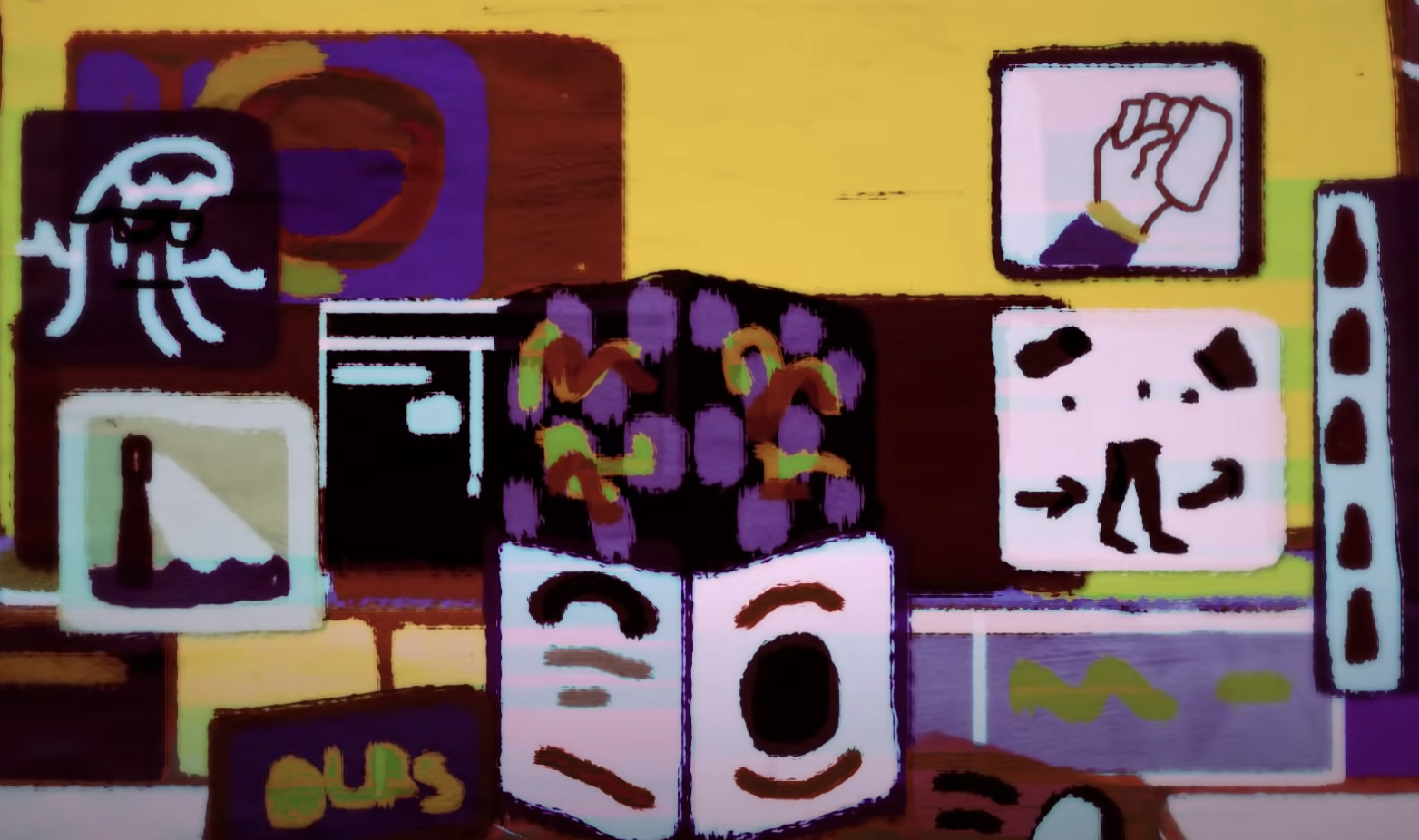
# Visual Genres
What's a good way data visuals tell a story?... Infographics!
Browse this site and find a good model of an infographic that show attention towards visual design (e.g. color, hierarchy, branding, layout/composition). What makes it appealing for the viewer?
# Visual Genres
Data Visualization & Visual Storytelling...
Examples to consider...
Our Canvas Site Visual Toolbox Resources!
# Visual Genres
Sample Sites providing types of Data Visualizations (click below to access)
Find a sample data visualization that you like on one of the above sites. What elements of visual rhetoric/design make it effective? What sort of data visualizations would be important for your discourse community or genre? You can type your response and then include it for part of your assignment submission.
# Visual Genres
Understanding Visual Genres - Part 2
How will you write about the features, characteristics, and qualities of your chosen genre? What are unique ways that your genre uses visual rhetoric and design elements (e.g. color/lines, branding, hierarchy, texture/space, identity, typography etc.) to capture audience attention?


What we know...
# Genre Analysis
"Genres are types of texts that are recognizable to readers and writers, and that meet the needs of the rhetorical situations in which they function" (Swales 467) "Genres are how things get done, when langauge is used to accomplish them; these discoursal expecations are created by the genres that articulate the operations of the discourse community (Swales 472). "Genres arise out of social purposes, and they're a form of social action within discourse communities" (Melzer 103-104) "Discourses are ways of being in the world; they are forms of life which integrate words, acts, values, beliefs, attitudes, and social identities as well as gestures, glances, body positions and clothes" (Gee 7). How do genres apply to discourse and discourse community?
You may have certain ideas in mind when you hear the word "genre" and what that means in terms of features and characteristics.
- Think of your personal experience with "genres" and list out what features make a genre stand out to audiences, readers, viewers. What makes it identifiable? What is your experience with the word?
Quickshare (3-5 mintues) What did you jot down?

# Genre Analysis
Navigating our understanding of Genres...
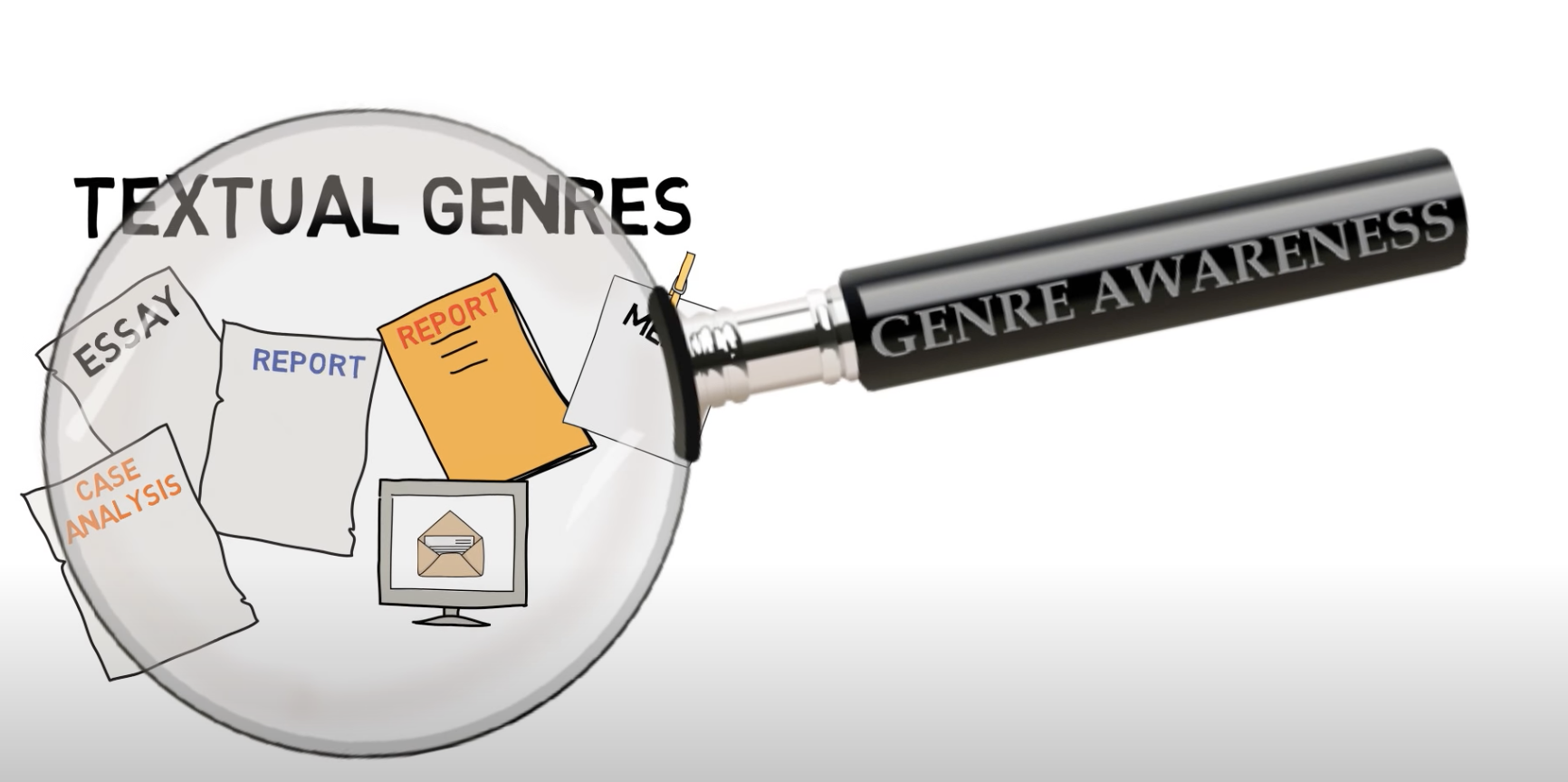
Genre Facts and Ideas
Genres can...
- Be a form/medium of writing...
- Be a form/medium of communication...
- Serve the rhetorical needs of the group...
- Respond to situations of the writer...
- Have action-oriented goals, they accomplish tasks...
1.
2.
Genres have...
- Rules the community follow. They are...
-Expectations how and what they should communicate... They are...
- Features that determine how they work... They are...
- A specific visual aesthetic... They must look like...
3.
For Discourse Community Research, Genres will...
- SHOW the communication methods of the group.
- DEMONSTRATE important aspects of information sharing, what content is valued.
- CIRCULATE additional ideas the group should be aware of.
- PROMOTE group ideologies, behaviors, or trends.
-RECRUIT new members
# CHAPTER 2
# Genre Analysis
Exploring Genre Reading Questions
ISKO's Genre Webpage
- What are genres? Who has written about them? Where did they get their start?
Kerry Dirk's "Navigating Genres"
- How do genres help accomplish goals for their communities?
Seeley et al. "Navigating the Room"
- Are genres more than just in writing/storytelling? What about social media, video platforms, classroom spaces?
Hemstrom & Anders "Research Communities"
- What are new ways we can use "genres" to research discourse communities and topics?
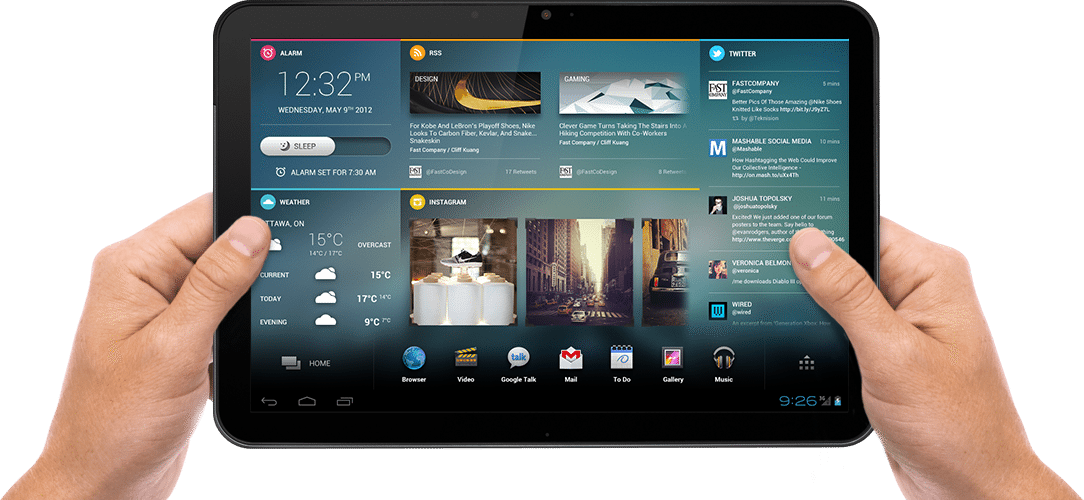
Which of the Week 9 Readings (ISKO Webpage, Kerry Dirk, Seeley et al., Hemstrom & Anders)
STEP 1. Find and select a unique passage from the reading where you integrate a direct quote/paraphrase that shows a deeper understanding of genre or a new way of looking at the concept of discourse community. What's an interesting GENRE EXAMPLE your article gives? Are you familiar with this genre and if not, what may be features of the genre you would need to know about? What could be other connections to this genre? (Post your writing reflection and sample from Step 2); You will share your content/findings next class session.)
STEP 2: Individually, add an interesting example of genre you want to share based on browsing online and connecting to your interests. Use your URL and share with your group in discussion once you've completed the above step. Why did you select the example of genre you did? What are its features?
Dr. Smothers' Genre Highlights from Week 9 Readings:
- From ISKO: "In relation to genre as social action, scholars sometimes use metaphors to explore the role of genre," and specifically the word "ceremony" is used to show how any genre takes place within a larger conversation about a topic or issue important to the group; these ceremonies are when genres cause action, need for support, links to hashtags, connect to a person's story, and result in meaning-making across the group (ISKO, 5.0)
- From Dirk: New genres are created when something new happens and the situation calls for a response within the group and because many people start participating in the conversation it results in a new genre (Dirk 252).
Example of Research Community Analysis

Dr. Smothers' Interesting Genre Examples:
What features and concepts of Genre are different moving from one example to the next? Is the audience the same or different? Why?
In Groups...From Monday's activity
Go to your Group's Thread (GENRE SITE INTERACTIONS) posted in our In-Class Week 9 Activity, and everyone COPY/PASTE the URL to the sample genre you want to use. Then CHOOSE which of these questions are best to use with your group members:
- How is your example a "genre"?
- What does it accomplish for the community that engages with the genre?
- Describe the features or characteristics of the genre example.
- What should a new audience know about this genre?
- Who or What would you consult to learn more about your genre?
- How is understanding genres helpful for learning more about discourse communities who use them?
- What ways are your group members discussing their genre?
Also consider the research-based questions in the Group Thread when interacting with the samples your group members posted.
Final Week 9 Objectives
-
A.I. Friday Forum #6 - On Genre/Genre Examples
-
Genre Note-Taking Sheet - Ideas/Talking Points/Sources
- I'll come around to check you off for the ideas/information you are putting into this document.
-
Topic Proposal Re-Visited (Due Monday, March 24)
A.I. Friday Forum (Week 9) Explorations in Genre Studies
- What's something more I can learn about genre?
- How does A.I. back up ideas from our readings this week?
- Can I find some useful and interesting sources about genres?
- What kind of genre do I want to explore further?


Research Buddies (Check-In)
-
With a partner(s), discuss the two options for the Topic Proposal Revisited:
- Who is focusing on OPTION A: Expanding Discourse Community project to focus on genres important to the group? What additional primary, secondary, visual evidence are you considering for this?
- Who is focusing on OPTION B: Doing a closer examination of a "new genre" and how audiences are responding to this genre and why it is important to the communities who use it? What additional primary, secondary, visual evidence are you considering?
What role do genres have in continuing research that is important for discourse communities?
Amicucci (On Social Media Writing)
- "Riffing" off other texts... How does this work?
- Gearing your content to specific audiences... This happens by...
- Shaping your "ethos" on a social media platform...?
- Stylistic choices for visual rhetoric include...
- How does "intertextuality" help you understand social media as a writing genre?
- How does "interdiscursivity" help you understand social media as a writing genre?
What do you think are the Do's and Don'ts of effective Social media usage?
# Genre Analysis
What do these concepts mean? Give an example of how these work in connection to social media usage, your group's communication style, rules of usage, or looking at a specific genre.
(Amicucci 19-20)
POST as a comment to Week 10 Notes
#Genre Analysis
Social Media and Writing (Wordtune)
How does advice on social media posting, connect to writing techniques and what Amicucci discusses in her article?
Amicucci Genre Exercise
Number 1: Which of Amiccuci's strategies on social media (Pick 2) best help you think about writing about genres and using in your own writing?
Number 2: APPLY/CREATE your own example of what an effective social media post looks like for your genre or discourse community. This should be used actively for your Genre Research section.
{Into the Blogosphere}
Prepping work for Mini_Presentations on our Blogging Articles (Miller & Shepherd, Reid) and applying information to our genres & discourse communities.


Like all genres, each one includes technical features and components - let's take a look at the Blog...
Blogging Genre Ideas & Content
-
Identify a Blog's Features
- How the community prioritizes their content
- How users navigate to find information they are looking for
- Use of Links, Hashtags, Emojis, additional social media content
- Use of Organization Brands or marketing
-
Identify a Blog's Content Strategy
- Does it engage in digital storytelling about a community? How?
- Does it promote or advertise community values or services? How?
- When a user visits, what content is most important?
- In terms of genre, will the blog engage in: social action, promote upcoming events, highlight successes/credentials, circulate important tech/media awareness among the community
- Does the Blog link to additional content important to a group?
-
Identify a Blog's connection to Discourse Community
- HOW IS THIS GENRE IMPORTANT TO THE GROUP? WHY IS IT USED? WHAT ARE OTHERS SAYING ABOUT YOUR GENRE?
# Genre Analysis
Dr. Smothers Blogging Genre Examples...
{Blogging Group Objectives}- In Canvas, identify what section/reading your group has been assigned.
- Access the Shared PowerPoint slides and determine which group member will contribute to what task.
- Help the class unpack our readings and provide examples of your own that show how blogs can be useful to a discourse community.
- Design your slides with text, visuals, brands, or supporting material.
- We will present what our groups completed for our next session. Full credit is awarded based on slide content and presentation.
{Group Debrief}
- What order should we go in when discussing our content?
- Do we have the order of our slides correct?
- What additional examples should be included based on your research and interests in genre?
- What more do I need to contribute to my slides for sharing with the rest of the class?
Each group member should be prepared to share what they've worked on connected to Blogging Genres.
Research Buddies
-
Skim through your classmate's ideas:
- What do you like that they have in their current project?
- Where do you see a place they could EXPAND on?
- Is there a place where GENRE could come more into the conversation? (Textual, Narrative, Digital genres?)
- I like what you are doing with X.... will you use a specific genre for inspiration?
- Feedback on Primary research, visual evidence, or secondary sources - where might additional content help your conversation or expand it to include content on genre?
- Do you have a suggestion on how their thesis statement could incorporate the idea of Genre more?
- If you investigate a new genre, WHY? Where will it go within your project?
- Upload a copy of your Genre Note-Taking Document (from Week 9)
